"Squeezing-Enhanced Raman Spectroscopy with Ultra-Broadband Parametric Homodyne Measurement"Avi Pe'er , Bar-Ilan University [Host: Olivier Pfister]
ABSTRACT:
The sensitivity of classical Raman spectroscopy methods, such as coherent anti-stokes Raman spectroscopy (CARS) or stimulated Raman spectroscopy (SRS), is ultimately limited by shot-noise from the stimulating fields. I will present a squeezing-enhanced version of Raman spectroscopy that overcomes the shot-noise limit of sensitivity with enhancement of the Raman signal and inherent background suppression, while remaining fully compatible with standard Raman spectroscopy methods. By incorporating the Raman sample between two phase-sensitive parametric amplifiers that squeeze the light along orthogonal quadrature axes, the typical intensity measurement of the Raman response is converted into a quantum-limited, super-sensitive estimation of phase. The resonant Raman response in the sample induces a phase shift to signal-idler frequency-pairs within the fingerprint spectrum of the molecule, resulting in amplification of the resonant Raman signal by the squeezing factor of the parametric amplifiers, whereas the non-resonant background is annihilated by destructive interference. Seeding the interferometer with classical coherent light stimulates the Raman signal further without increasing the background, effectively forming squeezing-enhanced versions of CARS and SRS, where the quantum enhancement is achieved on top of the classical stimulation.
References [1] Yoad Michael, Leon Bello, Michael Rosenbluh and Avi Pe’er, “Squeezing-enhanced Raman Spectroscopy”, npj – Quantum Information 5, 81 (2019) . [2] Y. Shaked, Y. Michael, R. Vered, M. Rosenbluh and A. Pe’er, “Lifting the Bandwidth Limit of Optical Homodyne Measurement,” Nature Communications 9, 609 (2018). |
Atomic Physics Seminar Thursday, January 30, 2020 3:30 PM Physics Building, Room 204 Note special date. Note special room. Special Atomic Seminar |
To add a speaker, send an email to phys-speakers@Virginia.EDU. Please include the seminar type (e.g. Atomic Physics Seminars), date, name of the speaker, title of talk, and an abstract (if available).
 Physics at Virginia
Physics at Virginia